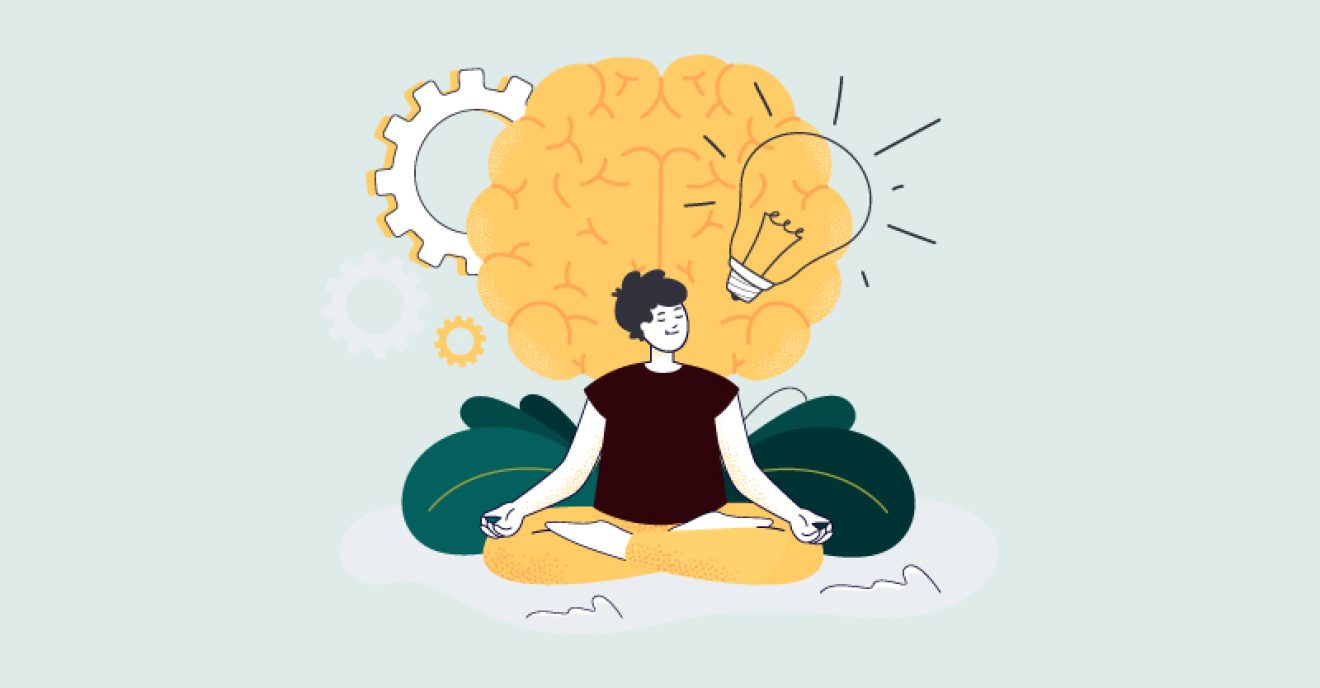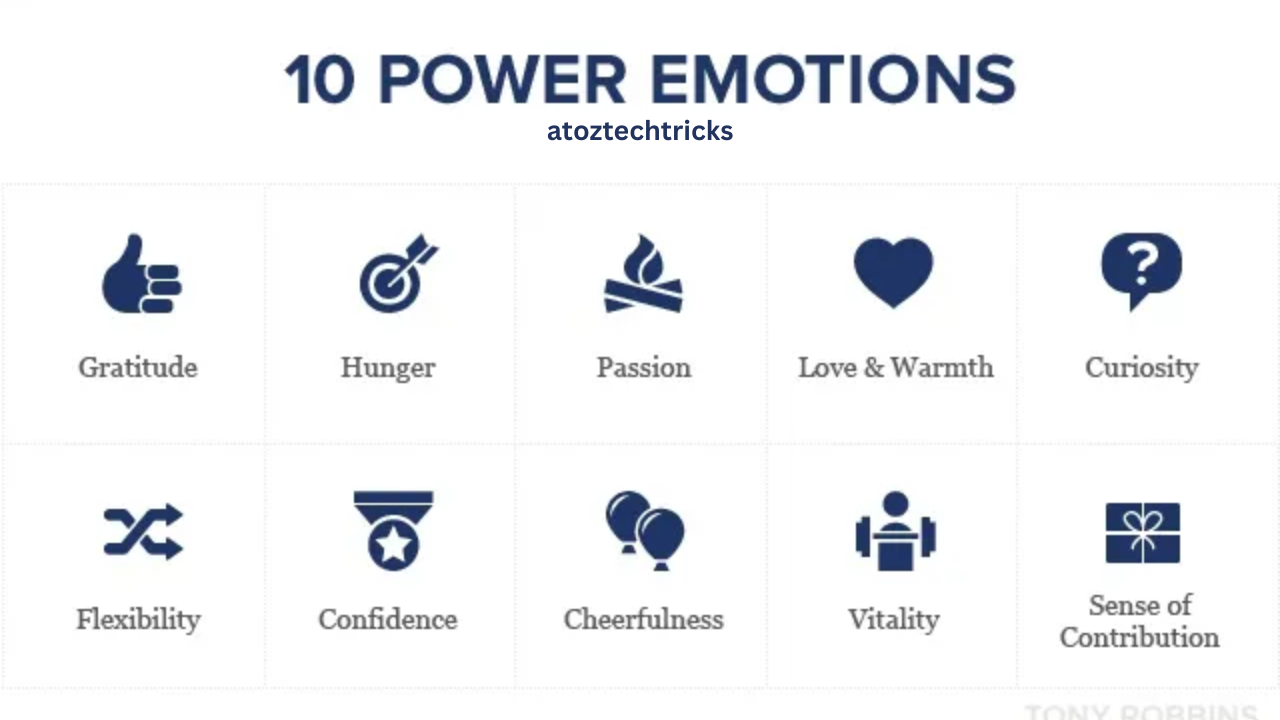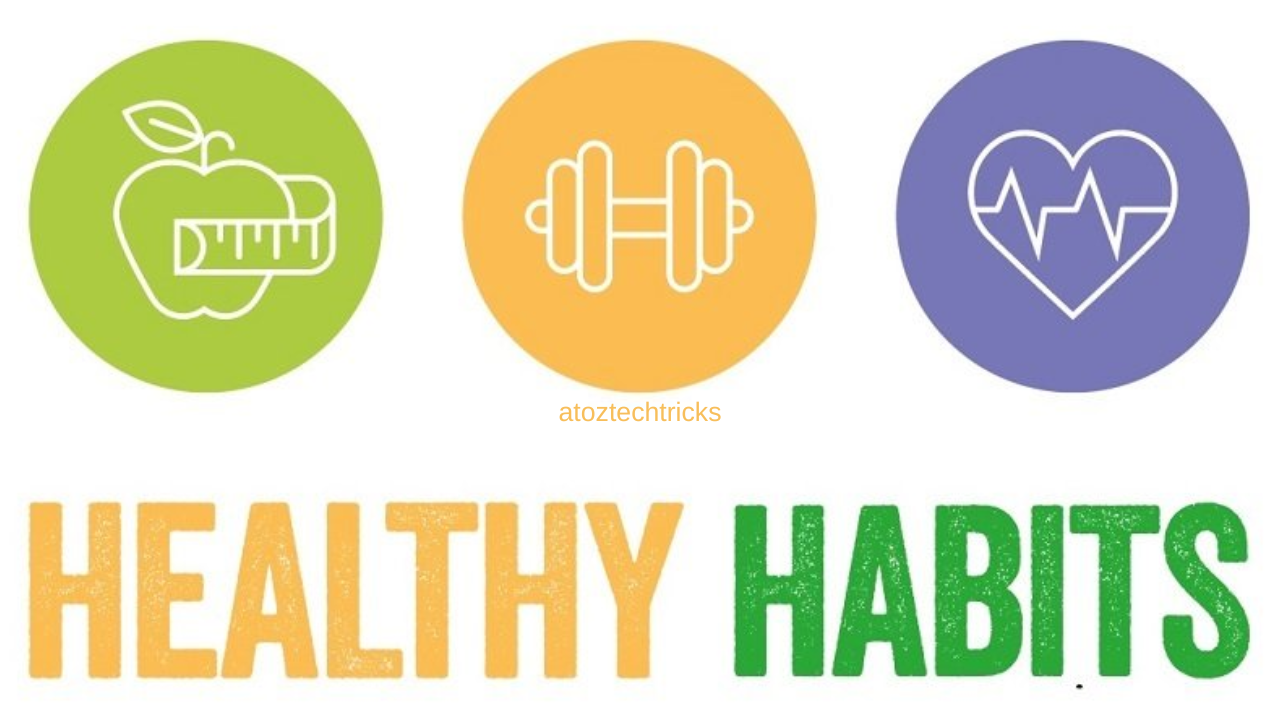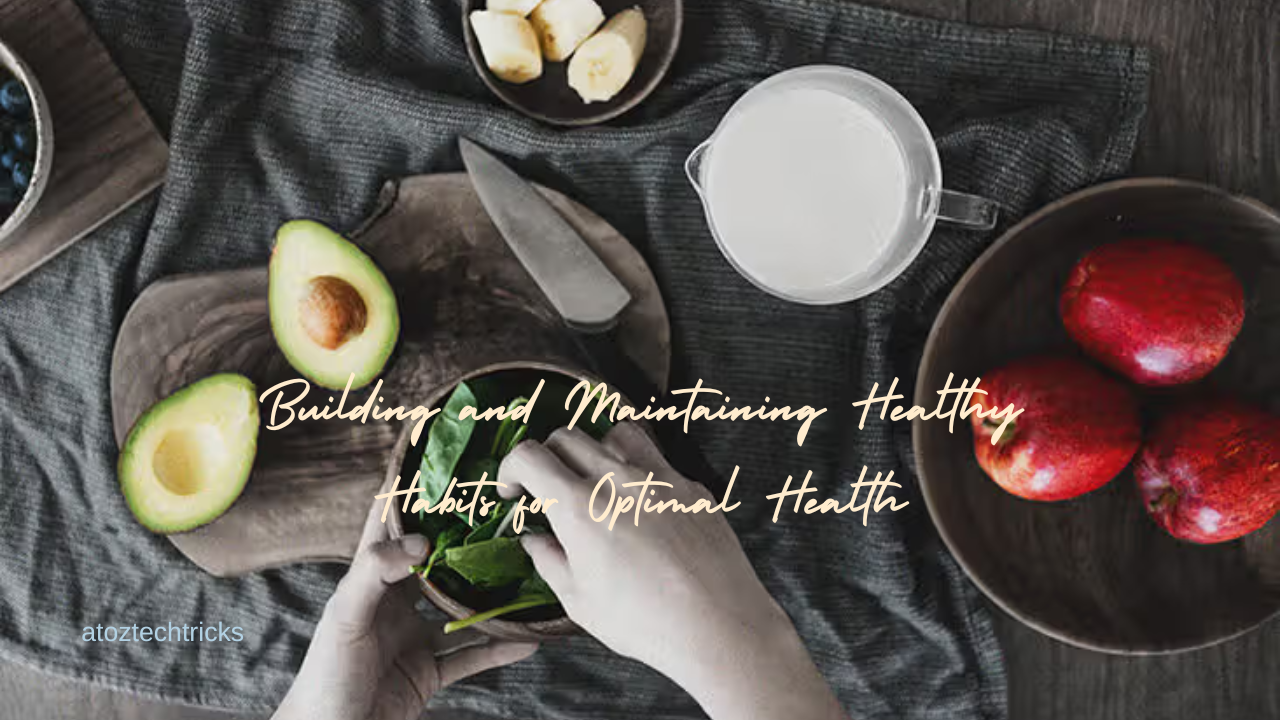Cultivating Positive Emotions and Mindset: A Comprehensive Guide
In today’s fast-paced world, fostering positive emotions and maintaining a constructive mindset are crucial for personal well-being and overall happiness. While it’s natural to encounter negative emotions, developing strategies to cultivate positivity can lead to a more fulfilling life. This guide explores various techniques and approaches to nurture positive emotions and mindset, enhancing your mental health and enriching your life experiences.
Understanding Positive Emotions and Mindset
Positive Emotions: Positive emotions are feelings that contribute to your overall happiness and well-being. They include joy, gratitude, love, and hope. These emotions have been shown to improve physical health, enhance relationships, and boost overall life satisfaction.
Mindset: Mindset refers to your attitudes and beliefs that shape how you perceive and respond to the world around you. A positive mindset is characterized by a growth-oriented perspective, where challenges are seen as opportunities for learning and development. This contrasts with a fixed mindset, where abilities and intelligence are viewed as static traits.
Comprehensive Guide to Physical Health: Key Strategies for a Healthier Life
The Science Behind Positive Emotions and Mindset
Research into positive psychology highlights the benefits of cultivating positive emotions. Dr. Barbara Fredrickson’s Broaden-and-Build Theory suggests that positive emotions broaden your thought-action repertoire, leading to increased creativity, resilience, and social connections. By regularly experiencing positive emotions, you build psychological resources that help you cope better with stress and adversity.
Similarly, Dr. Carol Dweck’s research on mindset reveals that individuals with a growth mindset are more likely to achieve their goals and persist in the face of setbacks. They view challenges as opportunities for growth, whereas those with a fixed mindset may avoid challenges due to fear of failure.
Strategies for Cultivating Positive Emotions
1. Practice Gratitude: Gratitude involves recognizing and appreciating the good things in your life. Studies have shown that practising gratitude can enhance overall well-being and increase happiness. You can cultivate gratitude by:
- Keeping a Gratitude Journal: Write down three things you are grateful for each day. This practice helps shift your focus from what’s lacking to what’s abundant in your life.
- Expressing Thanks: Regularly thank people who have made a positive impact on your life. This not only strengthens relationships but also reinforces positive feelings.
2. Engage in Acts of Kindness: Performing acts of kindness can boost your mood and increase feelings of happiness. Acts of kindness can be small, such as complimenting someone, or more significant, like volunteering for a cause you care about. Engaging in kindness helps foster a sense of connection and purpose.
3. Cultivate Positive Relationships: Surrounding yourself with supportive, positive individuals can significantly impact your emotional well-being. Invest time in relationships that uplift and encourage you. Engage in activities that promote social connection, such as joining clubs or attending social events.
4. Practice Mindfulness and Meditation: Mindfulness involves being present in the moment without judgment. Regular mindfulness practice can help you manage stress and improve emotional regulation. Meditation techniques, such as focusing on your breath or practising guided imagery, can also enhance your ability to maintain a positive outlook.
5. Set and Achieve Goals: Setting meaningful goals gives you a sense of purpose and direction. Break your goals into manageable steps and celebrate your achievements along the way. This approach helps build self-efficacy and reinforces positive emotions associated with accomplishment.
6. Engage in Physical Activity: Exercise is not only beneficial for physical health but also has a profound impact on your emotional state. Physical activity releases endorphins, which are natural mood enhancers. Find an activity you enjoy, whether it’s jogging, yoga, or dancing, and incorporate it into your routine.

Developing a Positive Mindset
1. Embrace a Growth Mindset: Adopting a growth mindset involves believing that your abilities and intelligence can be developed through effort and learning. To cultivate a growth mindset:
- Challenge Negative Self-Talk: Replace limiting beliefs with positive affirmations. For example, instead of saying, “I can’t do this,” try, “I’m learning and improving every day.”
- Focus on Effort and Progress: Celebrate your efforts and progress rather than just the outcome. Recognize that setbacks are part of the learning process.
2. Practice Self-Compassion: Self-compassion involves treating yourself with the same kindness and understanding you would offer a friend. When you experience failure or setbacks, practice self-compassion by:
- Acknowledging Your Feelings: Accept and validate your emotions without judgment. Understand that it’s normal to feel disappointed or frustrated.
- Offering Yourself Support: Encourage and reassure yourself. Use positive self-talk to boost your confidence and motivation.
3. Develop Resilience: Resilience is the ability to bounce back from adversity and maintain a positive outlook. To build resilience:
- Develop Problem-Solving Skills: Approach challenges with a problem-solving mindset. Break down problems into manageable steps and focus on finding solutions.
- Build a Support Network: Cultivate relationships with people who can offer support and encouragement during difficult times.
4. Engage in Continuous Learning: Pursuing lifelong learning helps keep your mind engaged and curious. Take up new hobbies, enrol in courses, or read books on subjects that interest you. Continuous learning fosters a sense of growth and accomplishment.
5. Practice Forgiveness: Holding onto grudges and resentment can negatively impact your emotional well-being. Practice forgiveness by:
- Letting Go of Resentment: Release negative emotions associated with past grievances. Understand that forgiveness is a gift you give to yourself, not necessarily to the other person.
- Focusing on the Present: Redirect your energy towards positive experiences and relationships rather than dwelling on past hurts.
Overcoming Challenges to Positive Emotions and Mindset
1. Dealing with Negative Emotions: It’s natural to experience negative emotions from time to time. The key is to manage them constructively:
- Acknowledge and Accept: Recognize your negative emotions without suppressing them. Accept that it’s okay to feel upset or frustrated.
- Use Coping Strategies: Implement coping strategies such as deep breathing, journaling, or talking to a trusted friend to process and manage negative emotions.
2. Managing Stress: Chronic stress can undermine your ability to maintain a positive mindset. To manage stress:
- Identify Stressors: Determine the sources of your stress and develop strategies to address them. This might involve time management techniques or seeking professional help.
- Prioritize Self-Care: Engage in activities that promote relaxation and well-being, such as taking breaks, practising hobbies, or spending time in nature.
3. Overcoming Negative Thought Patterns: Negative thought patterns can cloud your perception and hinder your ability to cultivate positivity. To overcome these patterns:
- Challenge Negative Thoughts: Question the validity of negative thoughts and replace them with more balanced perspectives. Ask yourself if there is evidence supporting or refuting these thoughts.
- Practice Cognitive Restructuring: Use techniques such as cognitive restructuring to reframe negative thoughts and focus on positive aspects of a situation.
Creating a Positive Environment
1. Design a Positive Living Space: Your environment can influence your mood and mindset. Create a positive living space by:
- Decluttering: Keep your space organized and free of clutter to promote a sense of calm and order.
- Adding Personal Touches: Incorporate items that bring you joy, such as photos, artwork, or plants, to create a nurturing environment.
2. Foster a Positive Work Environment: Your work environment also impacts your emotional well-being. To foster positivity at work:
- Build Positive Relationships: Develop supportive relationships with colleagues and engage in collaborative projects.
- Create a Balanced Schedule: Balance your workload and take regular breaks to prevent burnout and maintain productivity.
3. Surround Yourself with Positive Influences: Be mindful of the media and content you consume. Surround yourself with positive influences, such as uplifting books, podcasts, and social media accounts. Limit exposure to negative or toxic content that may impact your mindset.

The Role of Self-Reflection and Growth
1. Engage in Self-Reflection: Regular self-reflection helps you assess your emotional state and mindset. Consider keeping a journal to document your thoughts, feelings, and experiences. Reflect on what practices have been beneficial and identify areas for improvement.
2. Set Personal Development Goals: Establish personal development goals related to cultivating positivity and growth. Set specific, measurable, achievable, relevant, and time-bound (SMART) goals to track your progress and stay motivated.
3. Seek Professional Support: If you find it challenging to maintain a positive mindset or manage negative emotions, consider seeking support from a mental health professional. Therapy or counselling can provide valuable tools and techniques for personal growth and emotional well-being.
Cultivating positive emotions and a constructive mindset is a continuous journey that requires intentional effort and practice. By implementing strategies such as practising gratitude, engaging in acts of kindness, embracing a growth mindset, and managing stress, you can enhance your overall well-being and lead a more fulfilling life. Remember, the process of fostering positivity is personal and unique to each individual. Embrace the journey, and celebrate your progress along the way.
By integrating these practices into your daily life, you can create a more positive and resilient mindset, ultimately leading to greater happiness and life satisfaction.





Post Comment